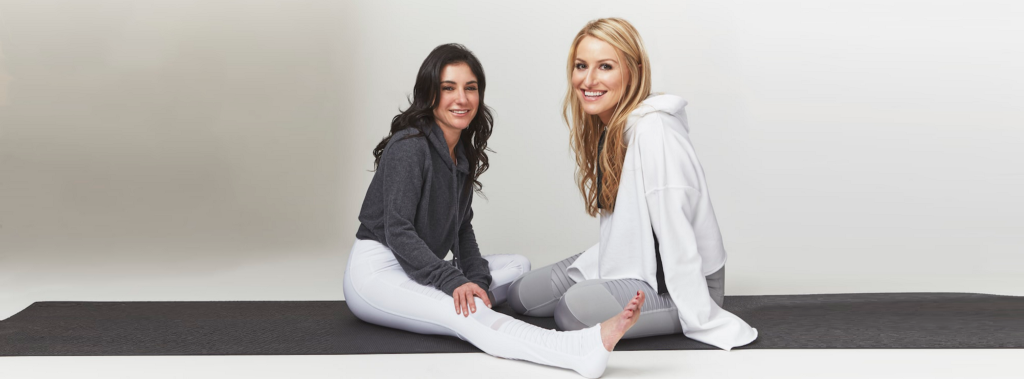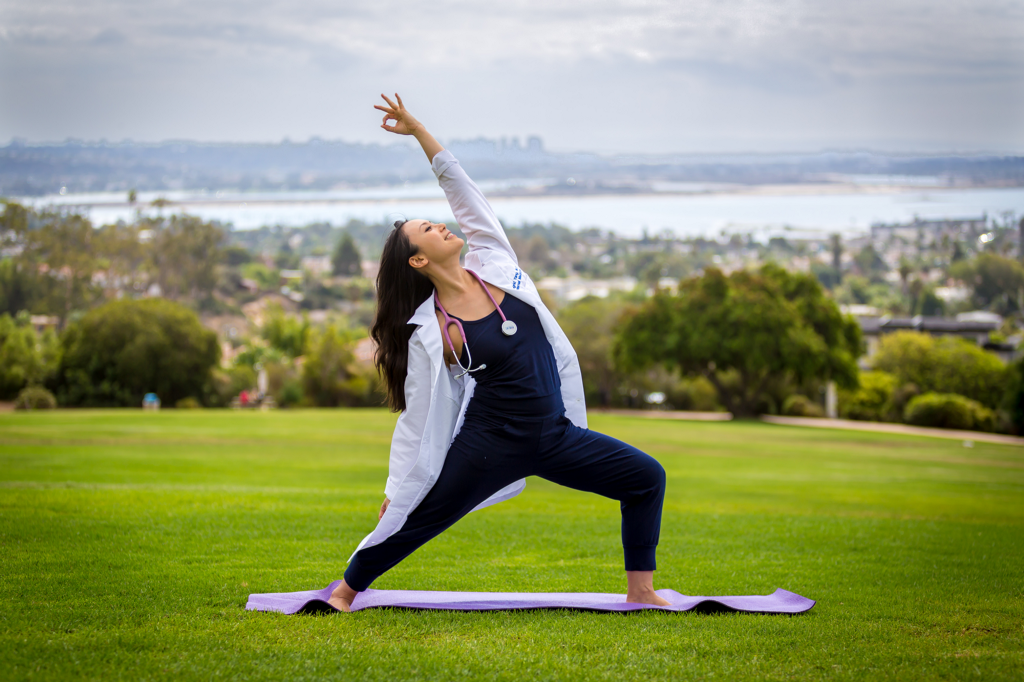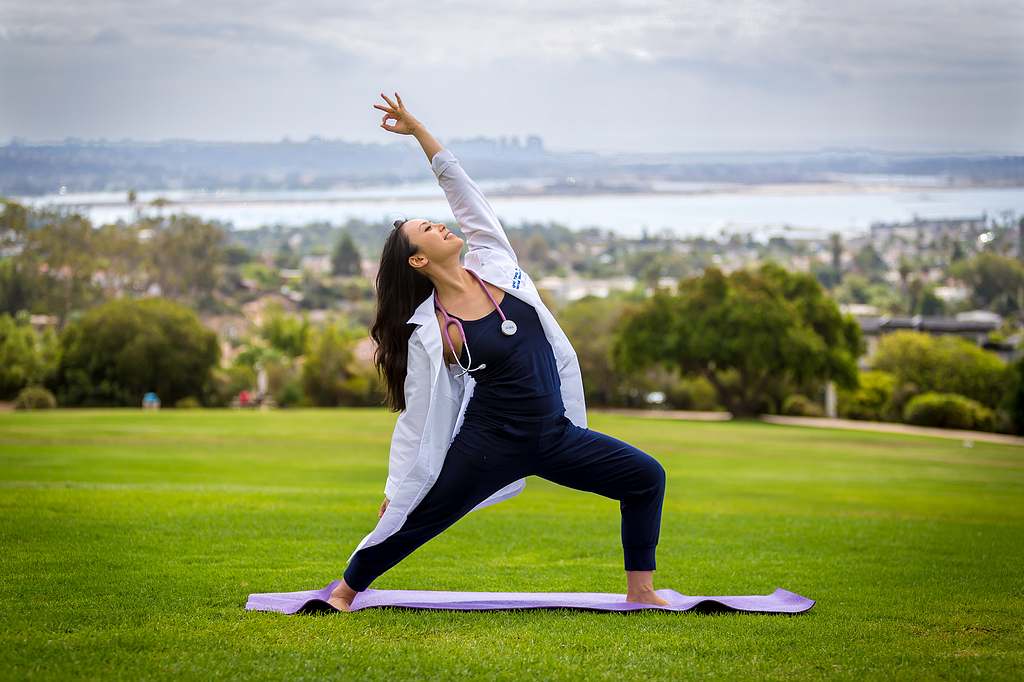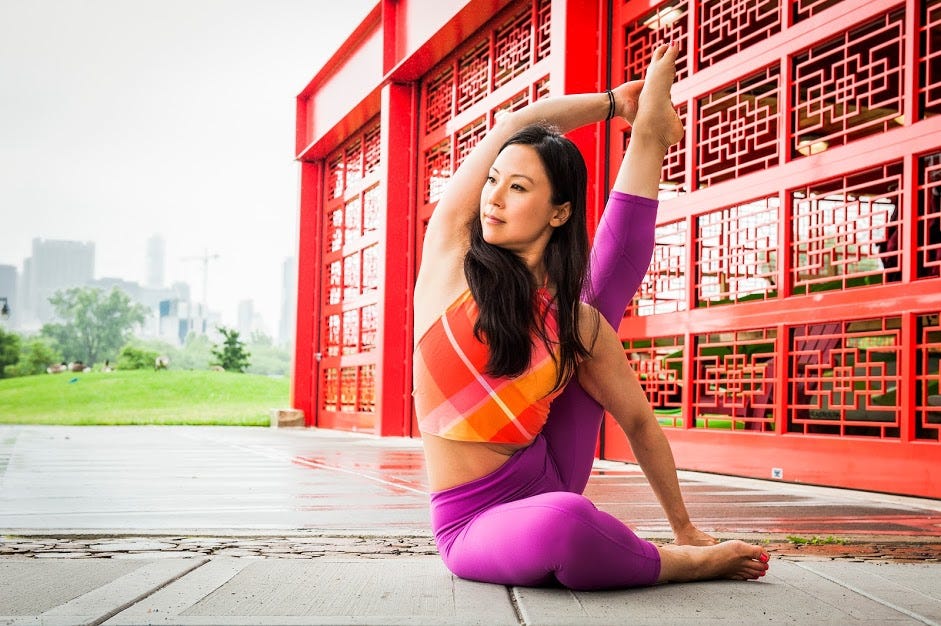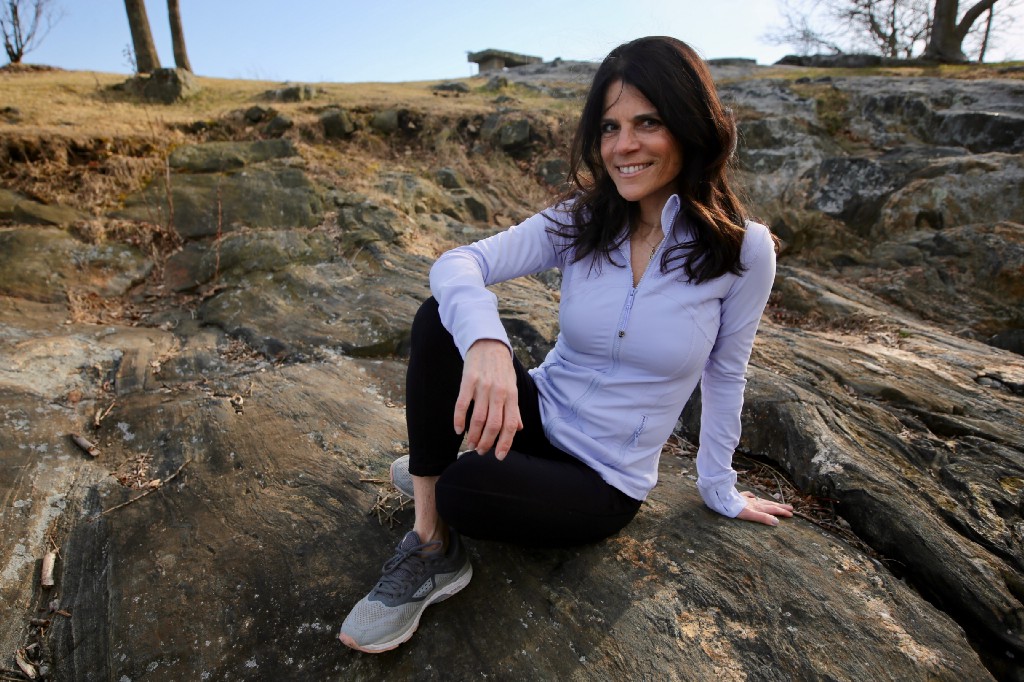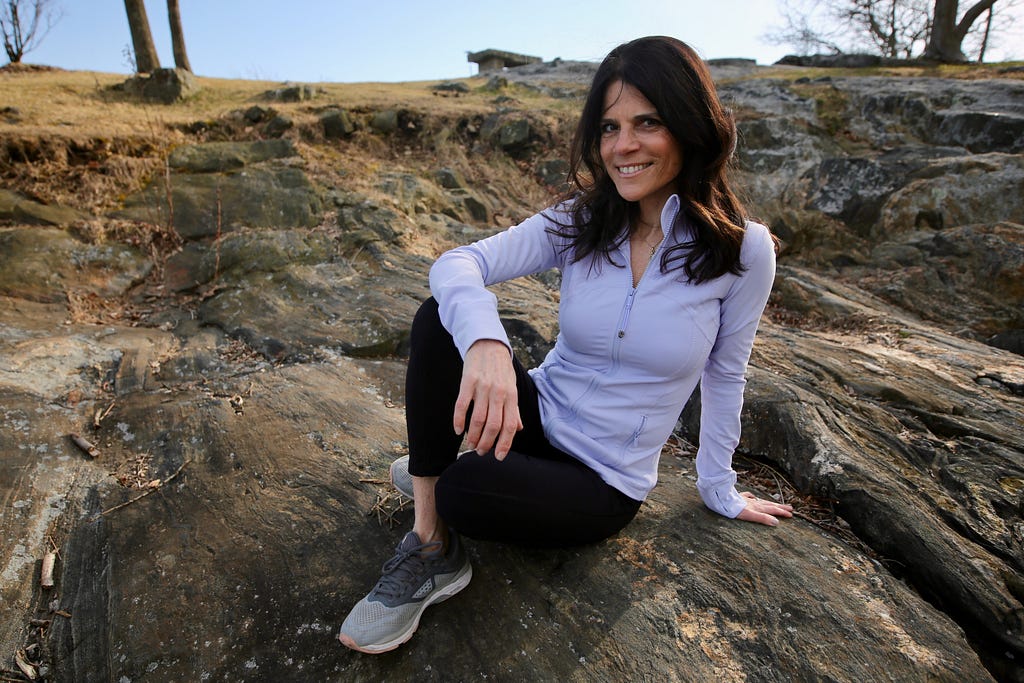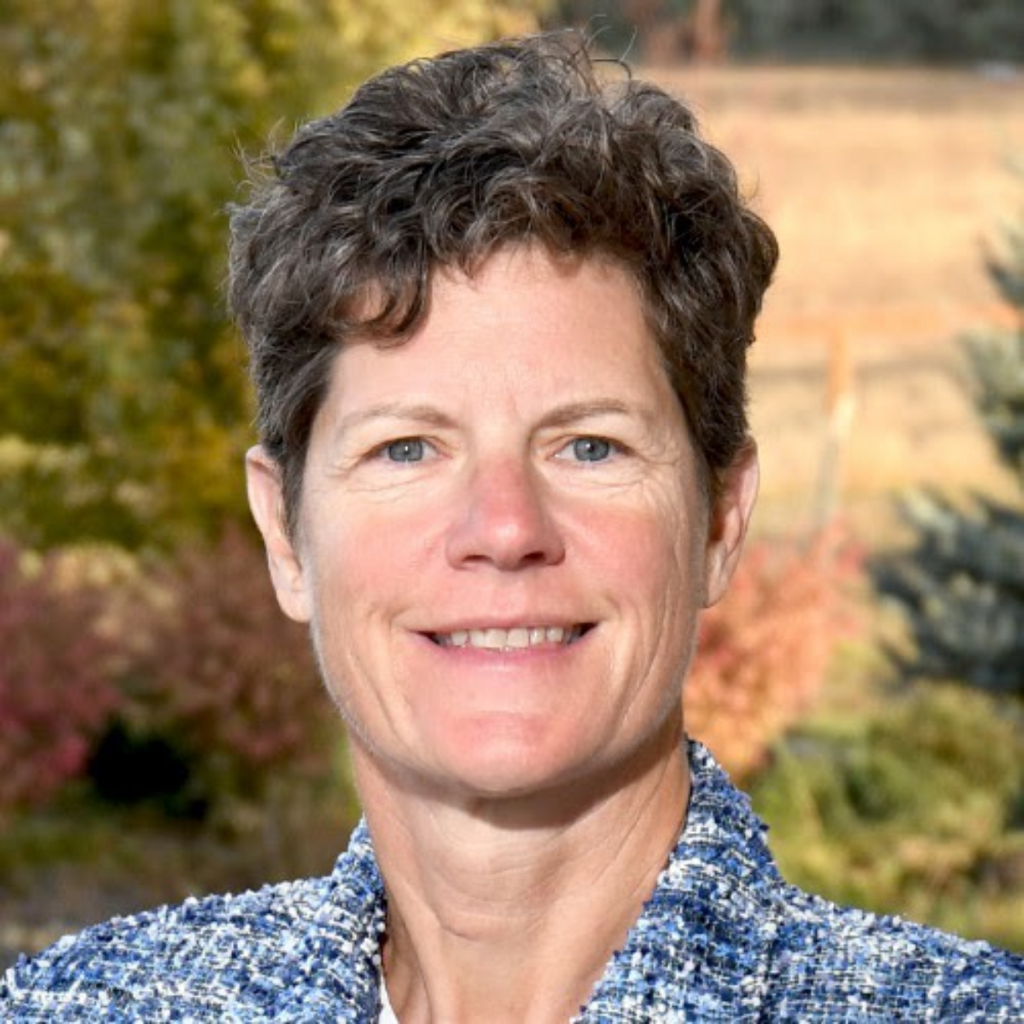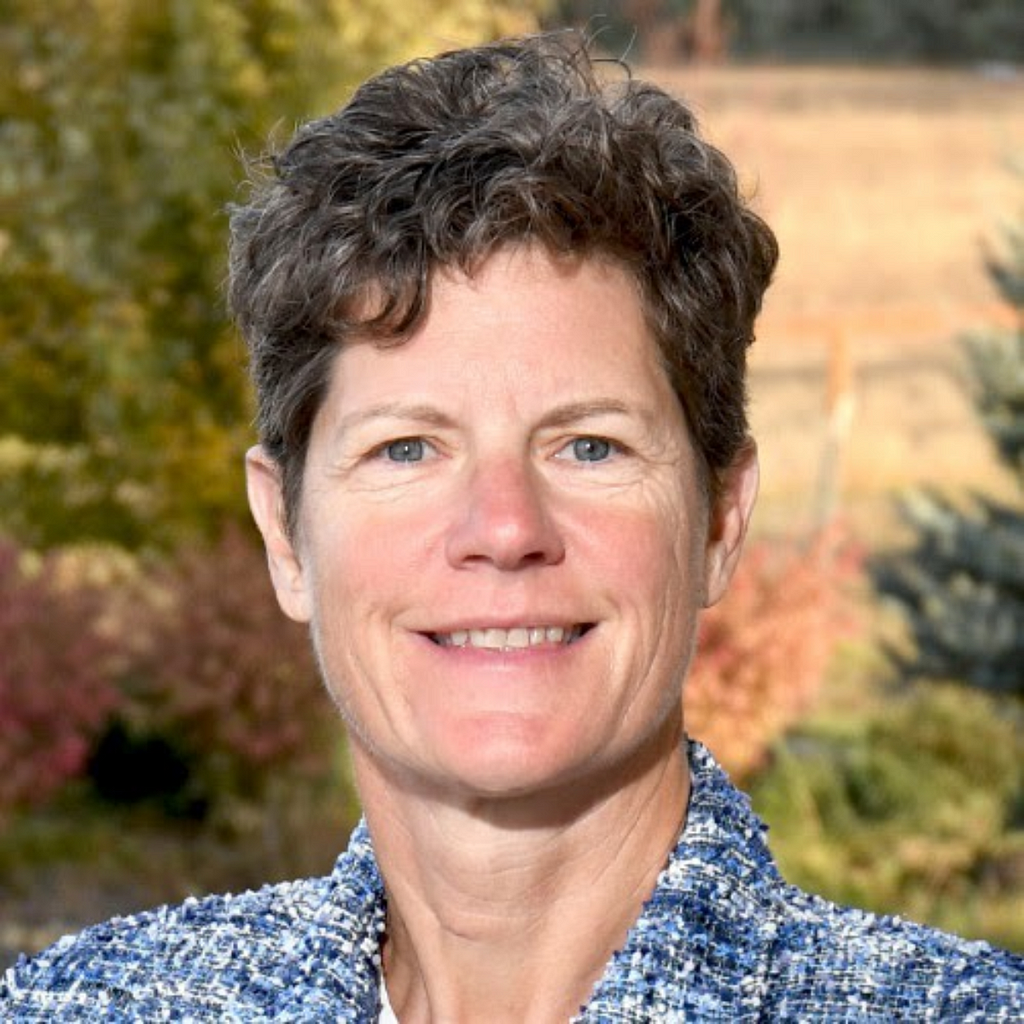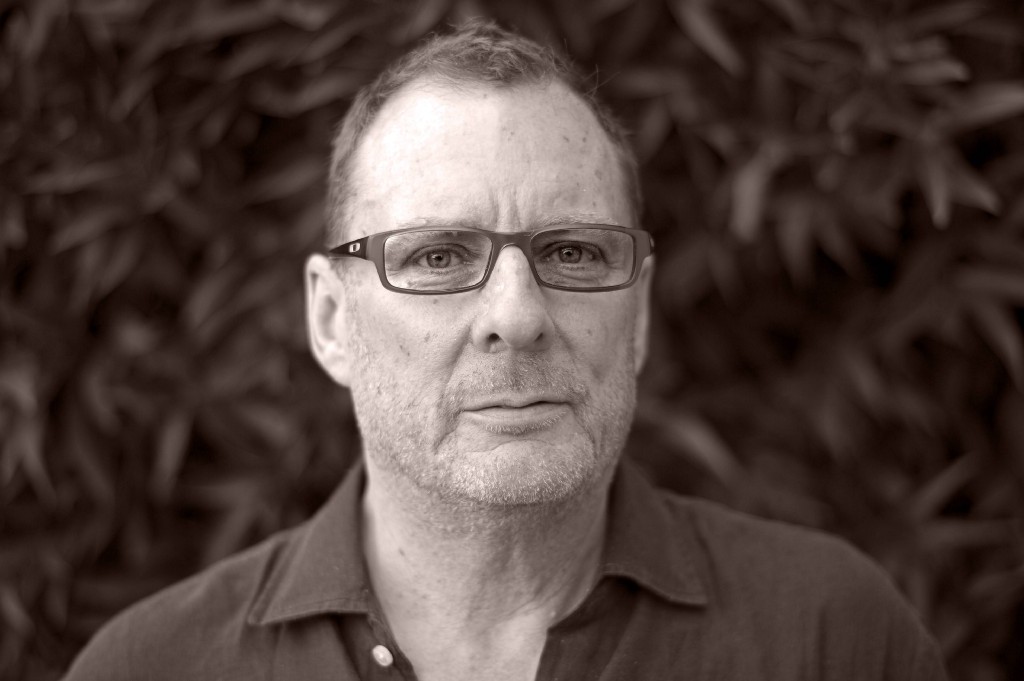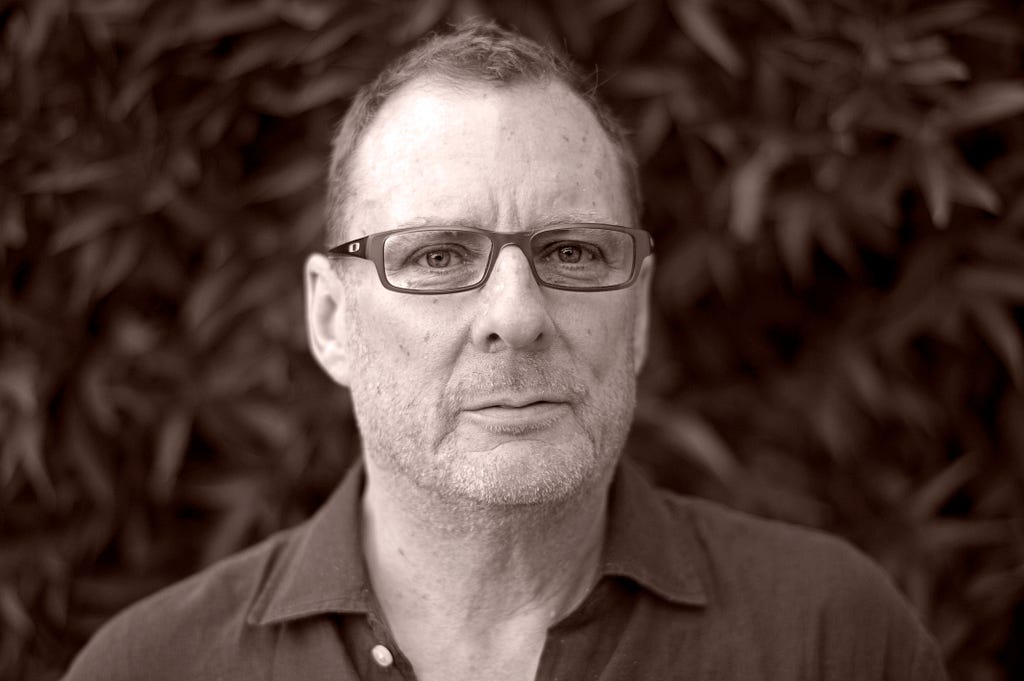Women In Wellness: Erin Frankel & Alexandra Dantzig of JETSWEAT on the Five Lifestyle Tweaks That Will Help Support People’s Journey Towards Better Wellbeing

Erin: Create a list of goals: We often get bogged down with the stresses of our everyday and forget little things like eating healthy, working out, or even just taking five minutes to breathe. As I became busier in both my professional and personal life, I began creating a list of lifetime goals, broken down into annual goals, yearly goals, monthly, weekly, and so forth. Not only is it effective in setting expectations for yourself, but it also provides you the opportunity to visually map out the best way to get things done. By focusing on the goals both short-term and long-term, it will inherently keep you accountable for your actions and what you can proactively do to achieve them.
As a part of my series about the women in wellness, I had the pleasure of interviewing Erin Frankel and Alexandra Dantzig of JETSWEAT.
With a unique differentiation in market positioning, JETSWEAT partners with top studios to produce and distribute original content directly to consumers on a subscription basis and is one of the first platforms to incorporate data into its smart personalization methodology- taking the experience to the next level. With over 30 studios available including 305 Fitness, Bari Studio, BK Pilates, Switch Playground, Box & Flow, and more, the JETSWEAT allows every fitness enthusiast to find what works by providing access to a variety of studios across a variety of modalities. For more information, please visit http://www.JETSWEATFitness.com. Follow us on Instagram — Facebook.
Thank you so much for doing this with us! Our readers would love to “get to know you” better. Can you share your “backstory” with us?
Erin: Before co-founding JETSWEAT four years ago, I was working as a professional food writer in NYC where I was dining out at least four times a week, ultimately leading me to start exercising more because of the social aspect of my job. Alongside being a writer, I was the 12th hire for an early stage technology startup where there was an ever changing schedule. I was constantly running around and struggled to make my yoga classes on time and maintain a solid workout routine. I kept thinking, “I’m always so concerned about making it to class!” and it begged me to analyze what kind of work I really wanted to be doing. Lexi and I came together when we both saw the rapidly growing demand for high-quality health and fitness content from home, solving the consumer pain points of rushing from class to class and drowning in one-time fees.
Alexandra: Like Erin, I was hustling in the corporate world prior to creating JETSWEAT. I was working in finance and traveled a lot for my job making it difficult to keep up with a consistent workout schedule. I often had to miss my classes so I ended up always traveling with my class DVD to do on a laptop in my hotel rooms because there was just no platform or app out there that offered real, premium studio classes, and the ones I really cared about. Through my previous positions, I was comfortable with the process of creating technology platforms and in my personal life I felt I had a good perspective on what today’s consumer really wants. JETSWEAT was a natural progression for me as I was looking to utilize the skill set that I had built throughout my various jobs in a perfect marriage between what I loved in business and in my personal life.
Can you share the most interesting story that happened to you since you started your career? What were the main lessons or takeaways from that story?
Erin: I’ve had a really eventful, interesting life and career so ‘most interesting story’ is a bit challenging. Might that be when I interviewed Spitzer when I was a reporter at NY1? Or, most relevant and recent, was learning how to build a new team from scratch during the height of COVID- all remotely, an experience that taught me the importance of resilience, time management, and new communication skills I didn’t know I needed as a founder. In March, when the pandemic hit and all of the boutique studios closed, Jetsweat was poised for growth. There were no resources to learn how to build both a team and an entire new B2B enterprise platform through slack and zoom calls. So we had to figure it out on our own. Some of the main lessons and takeaways that came out of this? Having a virtual team is very different from working face-to-face — and requires a new set of leadership skills. Decision making accelerated when we cut the nonsense. We make decisions in one meeting and limit group calls to no more than nine people. We have increased time in direct connection with teams — resetting the role and energizing our employees. We adopted new technology overnight — not the usual years — as we have a higher tolerance for mistakes that don’t threaten the business. We’re putting teams of our best people on the hardest problems. If they can’t solve it, no one can. And, most important, it allowed me to work on developing greater self-awareness. If I can understand more about the mechanics of what personally drives my thoughts, feelings, and automatic physical and emotional responses everyday, I could make better personal choices in the face of the everyday stresses of entrepreneurship. I follow a simple framework for building self-awareness (mindfulness), which includes noticing (bringing attention to my thoughts, feelings, and physical sensations in the present moment), Labeling (assigning a simple label to what I notice/feel/think, every time you notice it), Getting Curious (without judgement, reflecting on the patterns I notice over time), Active choice-making (making an informed choice, based on my self-reflection).
Can you share a story about the biggest mistake you made when you were first starting? Can you tell us what lesson you learned from that?
Erin: In the beginning of the business, we struggled with obstacles common for new companies, particularly in terms of finances and raising capital. In the first few months, we were struggling to maintain our momentum but proved to our consumers and investors that we really had something good going. That hustle and scrappiness in the early stages is incredibly important as we continue to grow and motivates us to keep challenging ourselves in our business model and the way we adapt to this new world of digital fitness in 2020.
None of us are able to achieve success without some help along the way. Is there a particular person who you are grateful towards who helped get you to where you are? Can you share a story about that?
Erin: Robyn Ward, my executive coach, 20-year veteran of the technology startup space, and founder of FounderForward. About a year ago, I was invited to join Robyn Ward’s The FounderForward GROW Group , which is a highly curated group of 8 funded boss women looking to scale themselves and their businesses. My first GROW Group session was on March 10th, right when the pandemic started so this coaching group took on a new purpose for me at a time when I was overwhelmed, going through burnout after working 18 hour days during the first three months of the pandemic, and learning how to both manage and build a team remotely. Over the course of 8 months, Robyn really helped me better assess myself as founder and a leader, providing the framework and tools for my development and improvement; helped me with some real-time problem solving, trouble-shooting, and brainstorming; and provided me with a group of trusted peers- other female founders- once a month where we could collectively share experiences and similar challenges. In particular, what I gained from Robyn was how to manage my time effectively (and make time for selfcare), build my CQ (Communication Intelligence), and better manage my team and build a strong company culture. The GROW Group, and Robyn in particular, really helped me focus on myself, as a leader, and the areas that I need to improve upon to be the best leader I can be.
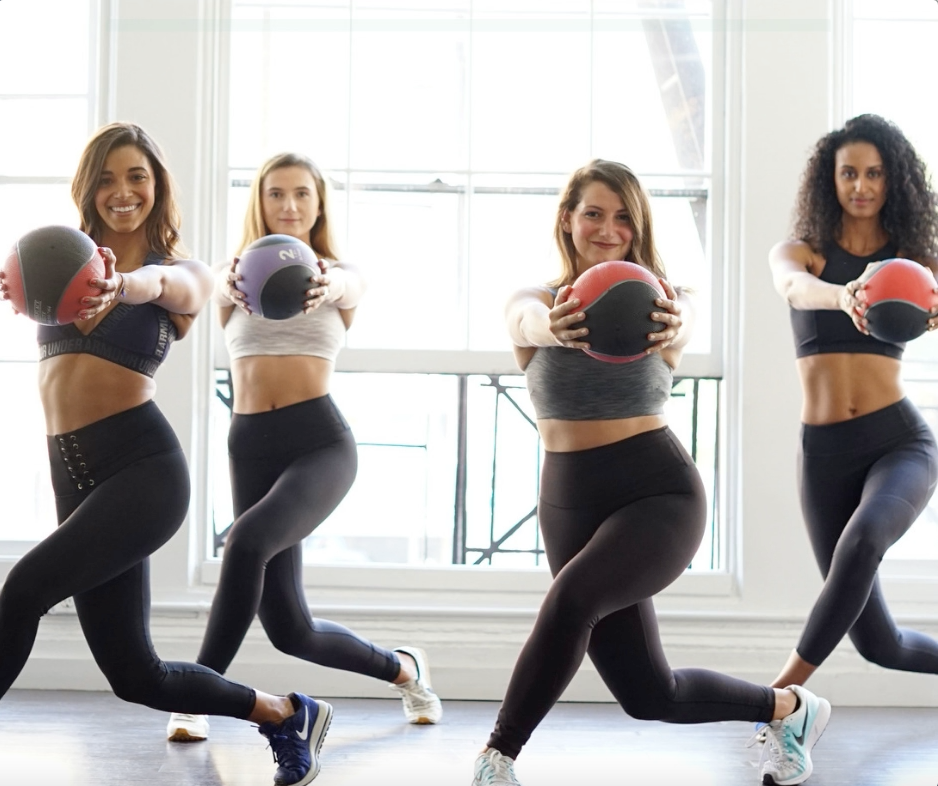
Ok perfect. Now let’s jump to our main focus. When it comes to health and wellness, how is the work you are doing helping to make a bigger impact in the world?
Alexandra: We launched JETSWEAT as a solution to those feeling unmotivated to workout or overwhelmed by the digital options available. For many of us, it’s hard enough to find the time to workout so the thought of potentially wasting that valuable workout time on something that didn’t produce results wasn’t an option for me. JETSWEAT will always be a trusted curation of the best studios sharing their most premium content. Our goal is to make fitness accessible, enjoyable, and effective for everyone, regardless of where you live, when you can find time, and how you choose to move. We hope that the continued production of content and forthcoming technological advancements will motivate others to prioritize their health. Particularly during these unprecedented times, we want to make fitness a no-brainer and working out something to look forward to wherever you are.
Can you share your top five “lifestyle tweaks” that you believe will help support people’s journey towards better wellbeing? Please give an example or story for each.
Erin:
Create a list of goals: We often get bogged down with the stresses of our everyday and forget little things like eating healthy, working out, or even just taking five minutes to breathe. As I became busier in both my professional and personal life, I began creating a list of lifetime goals, broken down into annual goals, yearly goals, monthly, weekly, and so forth. Not only is it effective in setting expectations for yourself, but it also provides you the opportunity to visually map out the best way to get things done. By focusing on the goals both short-term and long-term, it will inherently keep you accountable for your actions and what you can proactively do to achieve them.
Time Management: While this isn’t a shocking lifestyle tweak, I’m always working on managing my time in order to effectively run our business. Time management is a skill that is constantly evolving and something you can always be working towards improving. When Lexi and I started JETSWEAT, we worked together to delegate tasks and create a balanced distribution of work based on our skillsets. It allowed us to be the best we could be in our day-to-day and create the successful business that we’re so proud of today.
Alexandra:
Maintain your social life: As our business is both B2B and B2C, it’s our job to be informed and knowledgeable in the rapidly evolving world of digital fitness. Especially during the changes that occurred in 2020, we both needed to stay in contact (while socially distant of course!) with customers and people in our industry to stay current. Much of what we do is engaging with our studios and listening and learning about new and innovative ways to reach consumers. It’s especially easy as many of us are working from home to want to close yourself off from chatting with others after the work day but it’s invaluable to gain new insight and perspective from others in your space.
Be your biggest fan: At the end of the day, you should always remain the biggest power user of your product. Erin and I created JETSWEAT to solve problems that we were facing in our everyday and knew others were struggling with too. Our passion for the product creates a unique opportunity to always be looking for improvement. “How can I continue to expand my fitness goals?” or “What workouts am I dying to try” are questions we are constantly asking ourselves as we know that’s what our customers are looking for too. It’s imperative that we are honest with how we integrate the product into our lives and further improve as the world around us continues to change.
Change it up: Creating a routine is great but changing things up is often the best motivator. One of the reasons we offer so many different studios on our platform is because we want to keep things interesting for our consumers and how they experiment with fitness. It’s easy to burnout from a specific fitness discipline or feel unmotivated when the routine becomes mundane. Our goal is to create dynamic content so working out doesn’t feel like a chore. Some days you might feel like doing HIIT or intense cardio and other days you may feel like you want to try meditating for ten minutes, even if it’s something you’ve never tried.
If you could start a movement that would bring the most amount of wellness to the most amount of people, what would that be?
Erin: If I could start a movement that would bring the most amount of wellness to the most amount of people, it would be to make breathwork mainstream. By mainstream I mean inherent in all aspects of our daily lives. Sounds simple, yet not really. I have always done “the work”- therapy, different kinds of meditation, a healthy diet, exercise, self help books, yoga- and I was making small improvements. But none of these modalities really stuck for me. Then I took a breathwork class and realized I was never really breathing properly. When my breathwork practitioner explained this to me it opened my eyes and my airways. This was the first I learned how everyday residual stress affected me on a physical level. I didn’t realize that my physical body, not just my thoughts, was trained to live in this state of hyper awareness. I was always ready to react. This breathing and releasing has given me the space to respond to life instead of react, something most people struggle with, especially now in these uncertain times. Breathwork experiences tend to be profound. They actually can be similar experiences to taking psychedelics. If you are unfamiliar about breathwork, it’s an active meditation using a conscious connected breathing pattern. It’s, in essence, meditation on steroids. It allows you to connect with your body and feel your energy. I would like to see breathwork taught to kids in schools, seen on tv, written in books, to the point at which we could see someone breathing mindfully anywhere and think this is normal. A movement of breathwork would help to transform the world in a way that makes people more present and connected to one another, more focused, less lonely, stressed and depressed. A movement of breathwork would help everyone to lead a life with intention.
What are your “5 Things I Wish Someone Told Me Before I Started” and why?
Erin:
- Give and be open to receiving hard feedback when needed. Giving, and especially receiving, feedback when I don’t always want to give it or receive it can be difficult. Through experience, however, I realized that it is absolutely necessary. People don’t always know how they can improve if you don’t tell them — hard feedback is what we all need to be pushed to do our best. Putting my foot down, nudging someone out of their comfort zone, or asking people who work for me how I can improve and be a better leader is what has kept Jetsweat as successful as it is now.
- You don’t have to know all the answers, ask for help when you need it. I don’t always have all the answers, and my answers aren’t always right, but I know I can ask for help when I need it. Nobody knows the answers to everything. Knowing that I can lean on others when I need makes me feel like I can achieve anything and teaches me to be more open to others’ ideas.
- Learn to delegate early, invest in people/culture, and develop goals together as a team. Learn to let go. The biggest problem most new bosses and leaders face is the inability to let go of their own work. Sometimes they feel so dedicated to completing their own work that they refuse to let other people help. Other times, they fear that nobody else has the skills or abilities necessary to execute the work effectively. Whatever the case may be, your first priority needs to be to learn to let go. Start small, delegating only the smallest tasks, and gradually work your way up. Get to know your team better and improve the trust among you and your co-workers. Take baby steps and know that eventually you will have to let go of your work if you want your team to be successful. As someone who isn’t in the middle of everything, it’s easier to see the big picture. But making goals for others can have a negative outcome. People don’t feel vested in them, or you end up setting unrealistic goals because you aren’t down in the little details. I have found that by developing goals with my team, we have created more realistic expectations that they believe they can achieve.
Lexi:
- Don’t aim to only be liked. A leader has to be someone that people look up to, someone who sets the course, and someone who needs to make the hard decisions. These things don’t always go over well with a crowd. A leader isn’t a pushover, a follower, or someone who has to make everyone happy. The goal is to help your employees succeed. Being liked is great, and people like working towards a cause they feel vested in, but as a leader you need to stay true to yourself and your goals.
- You can’t approach everyone the same way. Everyone is different. Employees will react differently to everything you say. It takes time to understand what motivates different employees. For some, it’s simply the idea of helping the company succeed that makes people work harder. Employees like to be recognized for their accomplishments in different ways. Recognizing how your employees work, and knowing that this takes individual attention, is important to being a successful leader.
Sustainability, veganism, mental health and environmental changes are big topics at the moment. Which one of these causes is dearest to you, and why?
Erin: Mental Health, 100%. This goes hand in hand with what I said about breathwork. 2020 was a year that has gone where no one ever could have imagined. Life as we knew it (and planned it) changed quickly as a result of the pandemic. We are beings who thrive on consistency and we are currently living each day with a sense of uncertainty and unease. Additionally, we have been social distancing, self-isolating, or quarantining for 10 months and if you are anything like me, there are days where I am starting to feel like my living room walls are closing in on me. We miss our family, our friends, restaurants, sporting events, and special gatherings as each day passes. Isolation and social distancing, along with the continued barrage of difficult news, can increase symptoms of depression and anxiety. Even if you’ve never experienced feelings like this before — or been officially diagnosed with these conditions, the feelings associated with these vast changes and general uncertainty breed perfect conditions for changes in your mental health. We all know how important it is to stay physically fit, even if we don’t always do things like eat right and exercise regularly. However, many of us underestimate just how important mental health is to our overall wellness. Our emotional state of being influences so much of our lives. When we have a strong hold on our state of mental health, we can deal with everyday problems better. We’re more resilient and have closer relationships. And, good mental health has a huge influence on our physical well-being. As co founders of a fitness platform, we truly believe mental and physical wellbeing are equally as important and have taken the steps to ensure we give equal importance to both on our platform, which is why we have continued to add more and more meditation, mindfulness, and breathwork classes to our platform over the course of the past ten months. To say that mental illness is an important topic to talk about is a massive understatement — we need to talk about it to chip away at the attached stigma.
What is the best way our readers can follow you on social media?
@jetsweatfitness
Women In Wellness: Erin Frankel & Alexandra Dantzig of JETSWEAT on the Five Lifestyle Tweaks That… was originally published in Authority Magazine on Medium, where people are continuing the conversation by highlighting and responding to this story.

